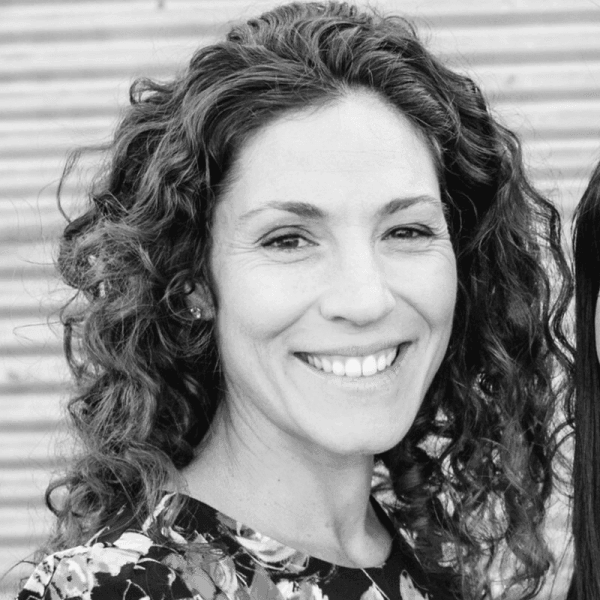As employers look for new and effective ways to help their workers manage behavioral and mental health challenges in their home lives, it is important for everyone in the benefits selection process to have effective tools for identifying programs that employees will find respectful and worthwhile, writes Angela Nelson, Ed.D., BCBA, in her latest article for BenefitsPro.
To do this, benefits brokers and human resources professionals must understand a concept that is gaining traction in the world of clinical professionals—that of cultural humility.
For decades, clinical professionals aimed to practice cultural competency. That is, they adopted behavior, attitudes and policies to work effectively across cultures. While it is important in our diverse world to honor cultural differences, the problem is that competency implies mastery. Mastery is unattainable when applied to culture, especially if that culture differs from our own. This perception of competency limits learning, as it affords a sense of completion. This is problematic when working with a diverse population. Understanding of a culture is never mastered.
Cultural humility is a term that came on the scene in the late 1990s, as it was applied to physicians’ work with culturally diverse patients. It has since spread to other helping professions. Cultural humility rejects the false perception that clinical professionals can become “expert” in the cultures of each of the individuals in their care. Instead, a 2019 article in the Journal of General Internal Medicine defines cultural humility as:
“A life-long commitment to self-evaluation and self-critique in an effort to address power imbalances and to advocate for others. The practice of cultural humility helps mitigate implicit bias, promotes empathy, and aids the provider in acknowledging and respecting patients’ individuality. The universality of cultural humility principles puts emphasis on the provider’s need to connect instead of being an expert on the patient’s race, culture, or ethnicity.”
Diversity exists in many forms in our world including race, ethnicity, gender, religion, socioeconomic status, sexual orientation and more. However, that should not preclude us from striving to address the inequities that currently exist in the delivery of benefits.
Microaggressions—intentional or unintentional indignities that communicate hostility or insult to a person or group with a harmful psychological impact—committed by a therapist have been found to result in those therapists being rated less culturally humble, causing a rupture in the therapeutic relationship. Similarly, a 2016 study published in Professional Psychology: Research and Practice found that clients who felt their therapists missed opportunities to discuss cultural experiences reported worse therapy outcomes, and those who rated their therapist as culturally humble reported improved therapy outcomes. The importance of cultural humility in medical appointments and counseling relationships is established, but what does being culturally humble look like?
We work with parents from throughout the United States and around the globe, many in personalized sessions with our board-certified behavior analysts. These consultations are opportunities to practice our cultural humility. Each family presents a unique familial structure that requires consideration by the analyst.





